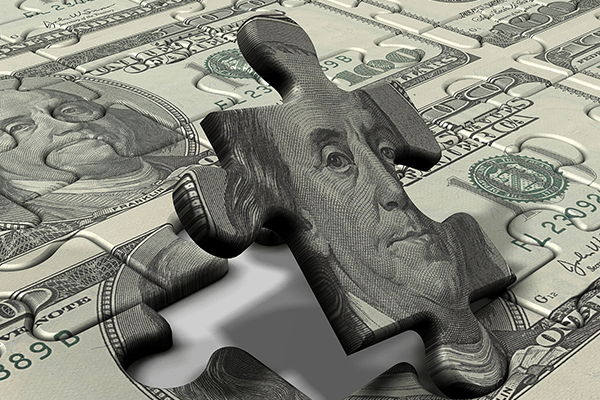Q & A With David Wilkes
 The health and economic crises, brought on by the coronavirus, are raising questions for both property owners and tenants regarding tax assessment valuations. The new normal will force us to grapple with a sharply depressed market as well as abatements on penalties for the late payment of current taxes.
The health and economic crises, brought on by the coronavirus, are raising questions for both property owners and tenants regarding tax assessment valuations. The new normal will force us to grapple with a sharply depressed market as well as abatements on penalties for the late payment of current taxes.
Will relief be granted from upcoming property tax bills?
Governor Cuomo has authorized some relief from the otherwise hefty penalties and interest charged for late payment of property taxes. However, each municipality must decide whether it will adopt some type of forgiveness program and define the criteria to prove hardship. New York State law does not generally permit paying less than the full amount of a property tax bill. Property owners would likely need to first check with their local government and then, if the local municipality has adopted the Governor’s penalty waiver program, decide to either pay in full or pay nothing. Presumably, the current waiver program will be terminated in the coming months and those taxes will once again incur delinquency charges if left unpaid.
Will the Covid-19 crisis impact tax assessment values?
Tax assessment values are based on the real estate market. The crisis will negatively impact all sectors of the real estate market throughout New York State. Hotels, retail, and restaurants are already experiencing unprecedented losses, and some small businesses may be shut down forever. Tax assessors must consider the economic impact on every property individually and consider the market as it is and not as they wish it were. Not all properties will experience the same level of impact, and much will depend on the types of tenancies in each (such as commercial properties that serve “essential businesses”). Assessors value properties as of a valuation date that is specific to each jurisdiction so it’s important to begin by identifying the relevant dates – in some cases, the largest tax relief will be available beginning in 2021 because the valuation date precedes the crisis.
If I’m uncertain how a property’s value will be affected, does it make sense to file a tax appeal?
There is little downside to filing a tax appeal. The value cannot legally be raised simply because an owner files a challenge, even if the assessor believes the value is too low. Tax appeals typically take a long time to resolve, so it’s best to act protectively and file an appeal in order to preserve the owner’s rights to tax relief. Even if the best case for a tax reduction may be in 2021, begin the process in 2020.
Have municipalities extended the deadlines to file a tax appeal?
This decision is up to the individual municipality. Check with the local government wherever your property is located. As of this writing, many municipalities throughout the Hudson Valley have chosen to maintain their existing tax grievance deadlines (many of which occur in May and June) rather than extend them. Some have not made a final decision. Although municipal offices are currently closed, grievance complaint forms can be filed through the mail or through other means that are currently being implemented by each municipality. In many instances, Board of Assessment hearings may be conducted online through video conferencing. A property tax legal advisor can assist you in determining the procedures to follow and deadlines to meet for a particular jurisdiction.
Can a tax appeal be filed where the assessment was “frozen” based on a prior assessment reduction?
In our opinion, current crisis circumstances and the various governmental orders make it such that an exception to the “3-Year Freeze” applies, and we are recommending that our clients file an assessment challenge.
David C. Wilkes, Esq., is a senior level partner in the property tax law firm Herman Katz Cangemi Wilkes & Clyne, LLP. He is President of the National Association of Property Tax Attorneys and Co-Chair of the Westchester Certiorari Tax Bar. dwilkes@hermankatz.com









